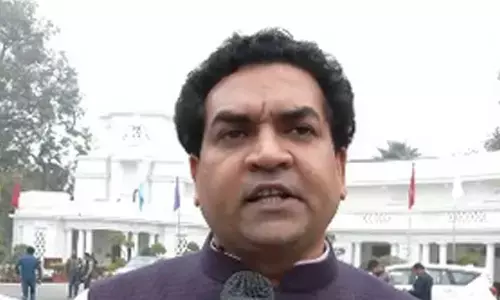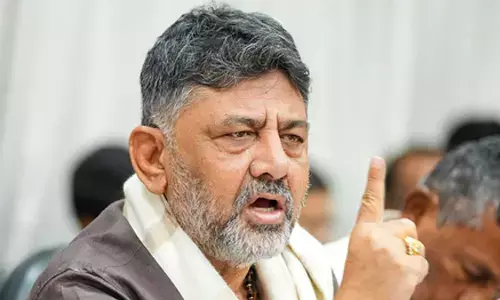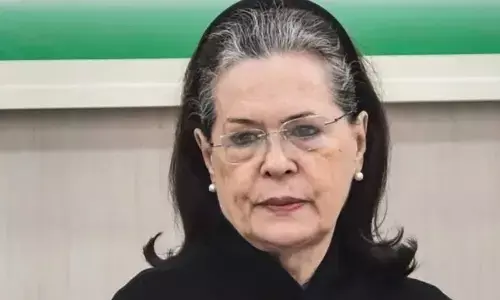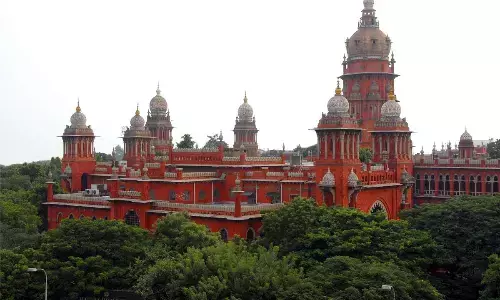Doctor's foreign visit, no free operation theatre not medical negligence: Supreme Court
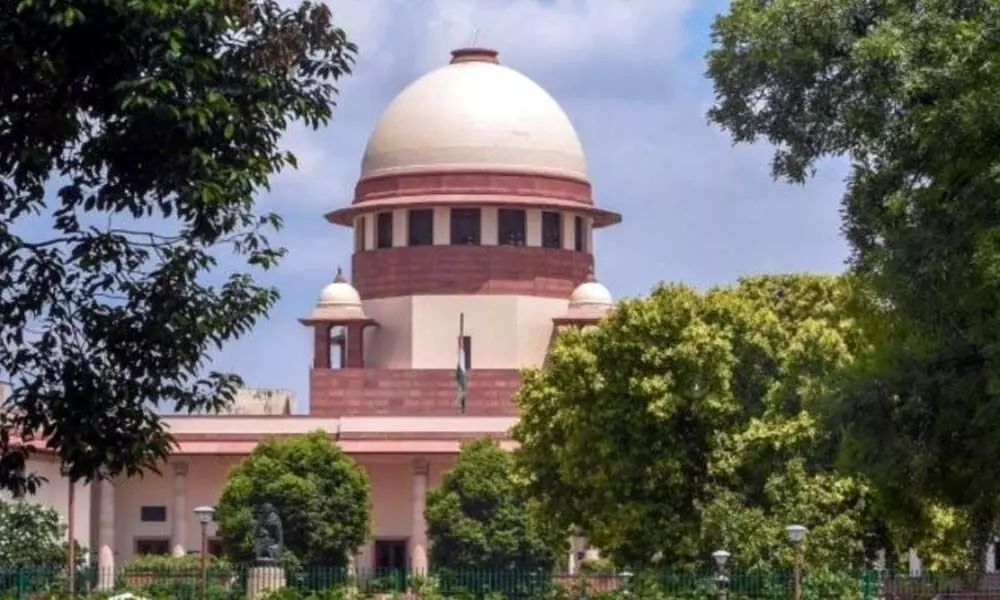
Supreme Court (File/Photo)
The Supreme Court on Tuesday said the non-availability of an emergency operation theatre and the doctor, who is attending the patient, being on foreign visit, cannot be termed medical negligence.
New Delhi: The Supreme Court on Tuesday said the non-availability of an emergency operation theatre and the doctor, who is attending the patient, being on foreign visit, cannot be termed medical negligence.
A bench of Justices Hemant Gupta and V. Ramasubramanian said no fault can be attached to the hospital if the operation theatres were occupied when the patient was taken for surgery.
"Operation theatres cannot be presumed to be available at all times. Therefore, non-availability of an emergency operation theatre during the period when surgeries were being performed on other patients is not a valid ground to hold the hospital negligent in any manner," it held.
The complainant alleged that after a surgery which was performed on April 23, 1998, there was a delay in decision to amputate the leg subsequent to re-exploration on April 24,1998, and also due to the "undue foreign visit" of the doctor involved.
Justice Gupta, who authored the judgment on behalf of the bench, said doctors often go on foreign visits and it is well known that a medical professional has to upgrade himself with the latest development in his field which may require him to attend conferences held both in and outside the country.
"Mere fact that the doctor had gone abroad cannot lead to an inference of medical negligence as the patient was admitted in a hospital having specialists in multi-faculties," he said.
The bench added that in spite of the treatment, if the patient had not survived, the doctors cannot be blamed as even the doctors, with the best of their abilities, cannot prevent the inevitable.
As the deceased's family complained that since surgery was performed by a doctor, he alone would be responsible for different aspects of the treatment required and given to the patient, the bench said it is an incorrect assumption.
"It is a case where the patient was in serious condition, impending gangrene, even before admission to the hospital but even after surgery and re-exploration, if the patient does not survive, the fault cannot be fastened on the doctors as a case of medical negligence," it said.
The bench said there is a tendency to blame the doctor when a patient dies or suffers some mishap and this is an "intolerant" conduct of the family members to not accept the death in such cases. "The increased cases of manhandling of medical professionals who worked day and night without their comfort has been very well seen in this pandemic," it noted.
It held that it is too much to expect from a doctor to remain on the bedside of the patient throughout his stay in the hospital which was being expected by the complainant here.
The top court judgment came on appeals, filed by the Bombay Hospital and Medical Research Centre and a doctor, against the National Consumer Disputes Redressal Commission (NCDRC) order in a case in which a patient died due to a leg injury in 1998. The complainant alleged the hospital delayed the angiography and the doctors could not amputate the legs which had an impending gangrene.
The total cost incurred for the treatment was Rs 4 lakh and the NCDRC had ordered a compensation of Rs 14 lakh to be paid by the hospital and the doctors charged with negligence.
The top court, however, set aside the order of the NCDRC.











